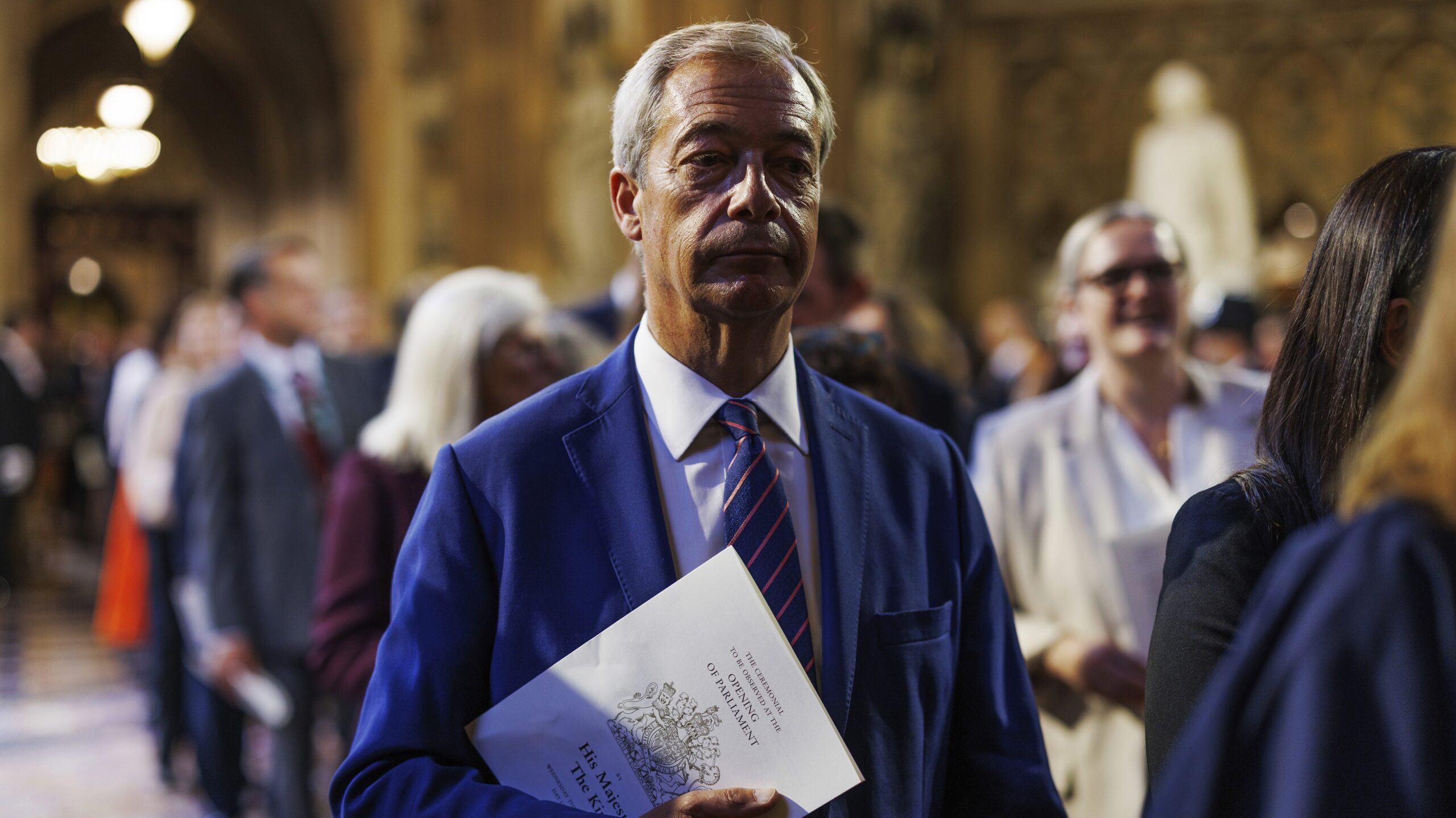
Bebe King (6), Elsie Dot Stancombe (7) and Alicia da Silva Aguiar (9) were killed in Southport on 29 July 2024. Photo: Merseyside Police.
Representatives of the Reform party in the UK were banned from asking questions in Parliament about Axel Rudakubana, who stabbed three little girls to death in Southport on 29 July – party leader Nigel Farage reveals to The Telegraph.
The Reform UK leader describes how MPs were silenced when they wanted to raise the issue in the House of Commons, including through “panicked emails” and phone calls asking them not to ask questions about the case.
Farage himself was also rebuffed:
Farage says he sent a written question to Home Secretary Yvette Cooper, asking if the defendant had ever been referred to the counter-terrorism initiative Prevent, but was told by the House of Commons that he couldn’t ask about the case because of the ongoing court case.
It was obvious that key facts about the triple murder were kept secret from a public that had a right to know more, says Farage, who accuses the state apparatus of covering up important information.
The attack sparked riots that Farage and others blamed in part on the government’s failure to disclose the suspect’s identity and background, allowing a false narrative to be created.

It was recently revealed that the killer was in possession of al Qaeda and terrorist materials such as ricin, but Prime Minister Keir Starmer has not informed the public when he learnt this.
Farage says his colleague at Reform UK, Richard Tice, was selected on Wednesday to put a question to Sir Keir at Prime Minister’s Question Time in the House of Commons.
He writes: “That morning he received three panicked emails from the House of Commons administration asking what the content of his question might be. An hour before Question Time began, he received a phone call asking him not to ask about the man accused of the Southport attacks. This point was strongly emphasised by the Speaker of the House of Commons just before Question Time began. Parliamentary privilege was effectively withdrawn.
This means that no-one is allowed to ask when the government learnt of the possession of the terrorist material, concludes Farage, who believes that this risks destroying confidence in democracy.
“By the same token, no one can know whether this man was in any way known to the authorities. Do we really want to live in a society where such crucial information is kept from the public? Who has decided that these details should remain secret?
“I believe that this apparent suppression harms democracy. It certainly weakens the trust of the population, and I ask myself: What’s the point of being an elected official if we’re not even allowed to ask what would previously have been considered reasonable questions? It is impossible to deduce anything other than that the state apparatus is being used to manage this situation.”

